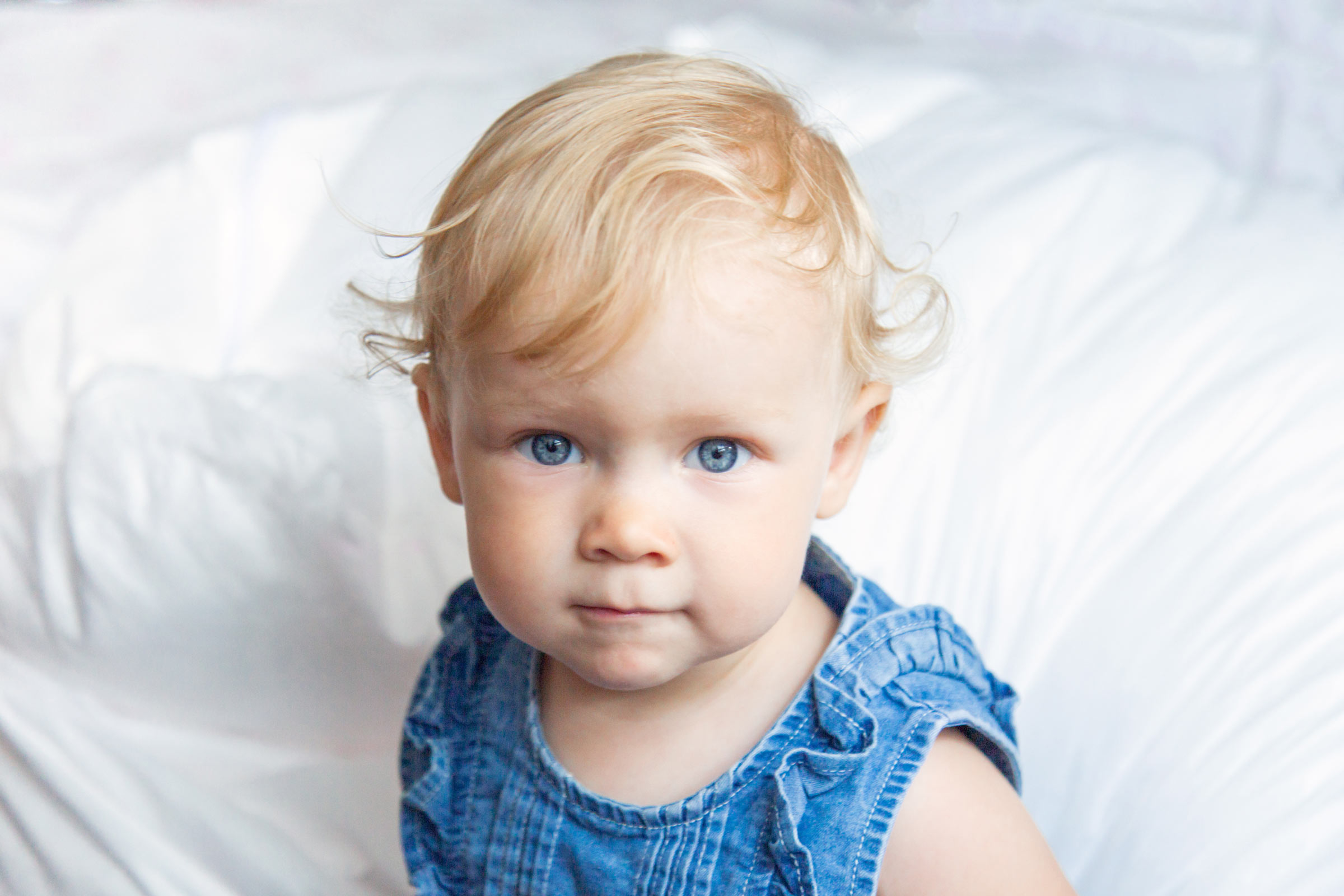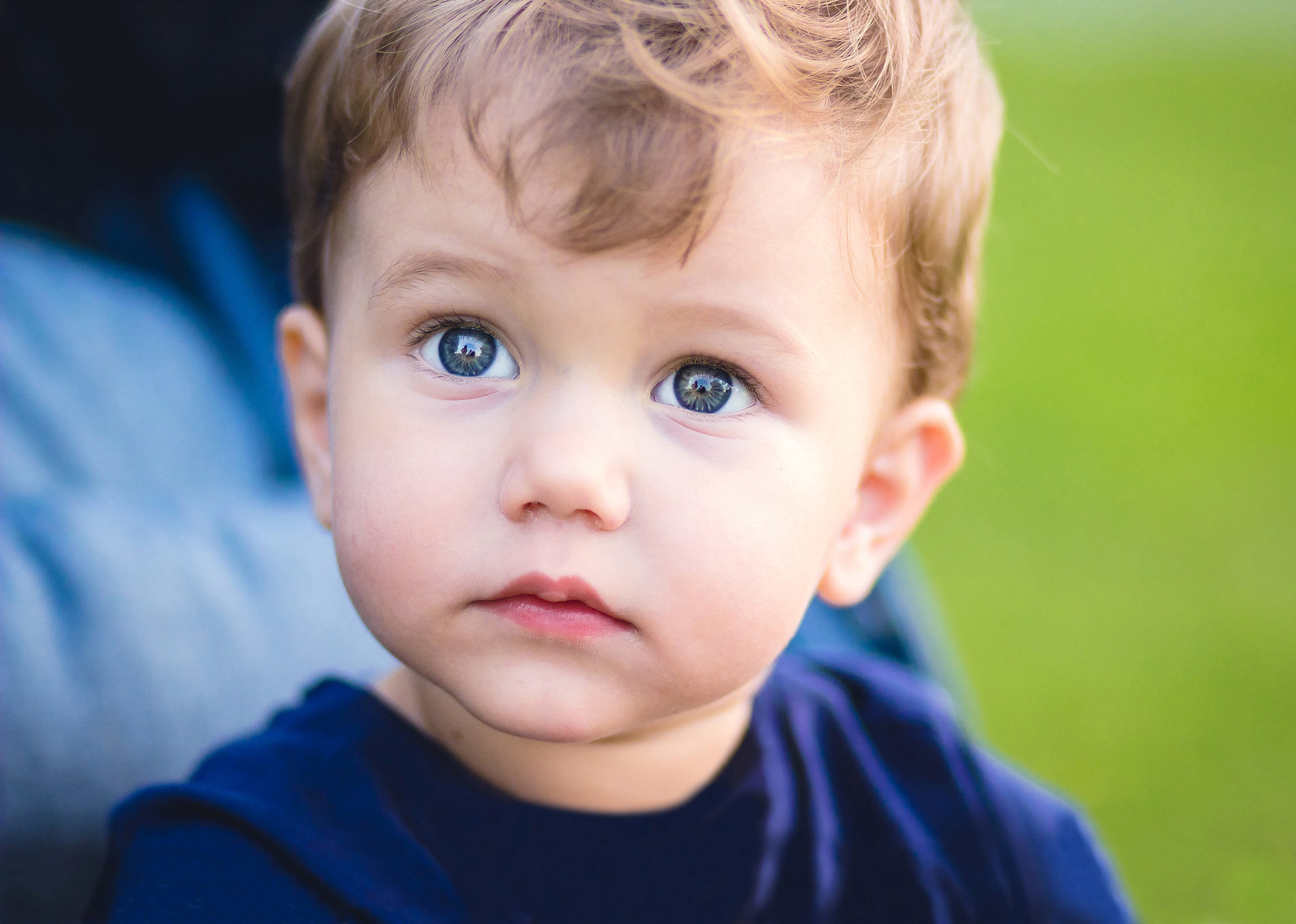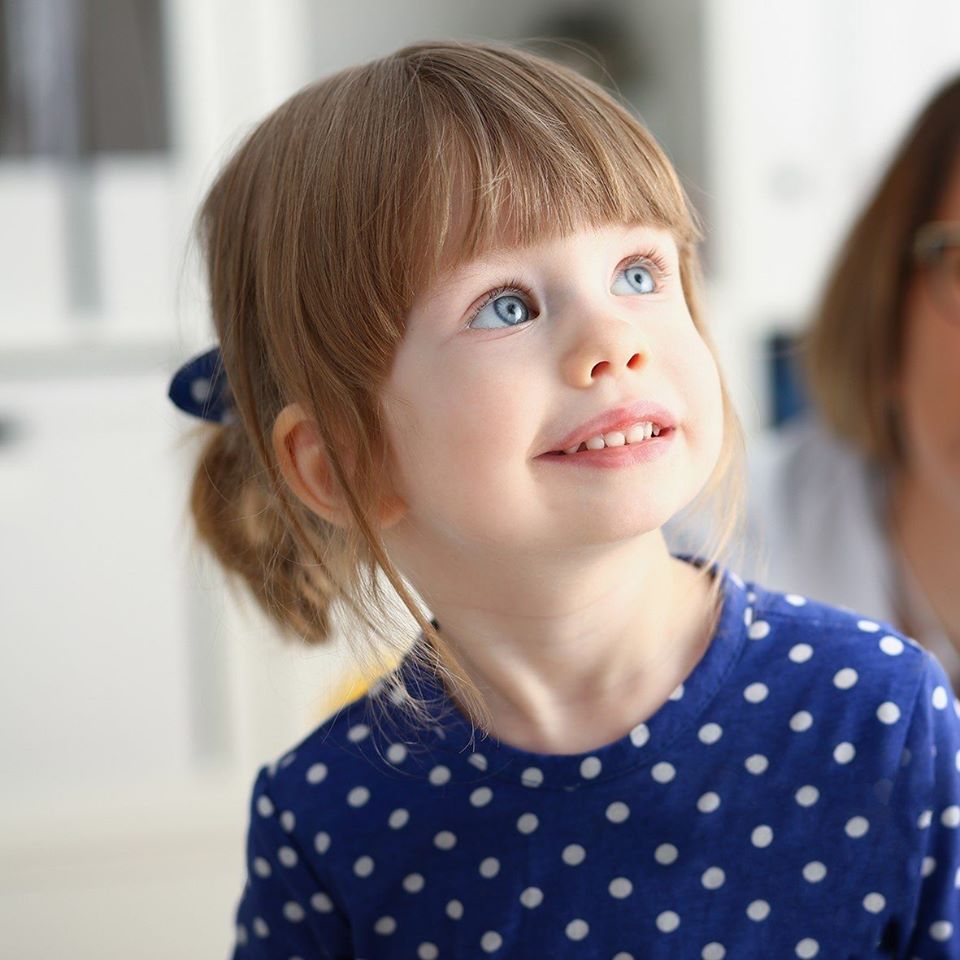Since cancer treatments can lead to a loss or impairment of fertility, patients have to decide before treatment starts whether and which fertility-preserving measures can be taken into consideration. The challenges for the children and their parents are diverse and they are not always fully aware of the possibilities. In addition, the disease and the therapy leave their mark. In some cases this has a negative impact on body image, sexuality and the search for a suitable partner. Better and systematised counselling services are needed – both to avoid unnecessary suffering and to support those affected before and after therapy with regard to fertility and also with sexual psychological problems.
The question of wanting a family
Do I want to have children of my own when I am older? Young cancer patients and naturally their parents have to think about this question before cancer therapy can start – in other words as soon as they hear the diagnosis, often under considerable time pressure and at an age when wanting a family seems so far away. Chemotherapy as well as radiation and surgery can lead to late effects on organs that are central to reproduction in girls and boys. This includes not only the genital organs themselves, but also their superordinate control centres in the brain. There are a number of reasons why this can lead to infertility, with the type of disease as well as the form and intensity of therapy playing a role. While some forms of treatment reduce fertility, others eliminate it altogether. However, if fertility remains intact, adult survivors are just as likely to give birth to healthy children as parents who have not had cancer therapy.

"All childhood cancer patients should have the right to fertility counselling"
Interview with Jasmin Schefer, Survivor
Protection from infertility and the costs
In recent years, various treatments have been developed to improve the chances of fertility preservation in girls and boys. These procedures can be used individually or in combination, depending on the specific diagnosis. Since 2019, the costs for the collection and freezing of gametes for post-pubertal children have been covered by health insurance companies. For children before puberty, the parents still have to pay for fertility-preserving measures. Since the majority of children affected by cancer are younger than four years old, this covers a lot of cases. Costs that may arise after therapy, such as the preventive removal of eggs in the event of an impending premature menopause or IVF in adulthood, are not covered either. That means that wanting children can become not only a question of fertility but also of finances – a critical situation for those affected.
Fertility-preserving measures
Depending on the age of the child and type of disease, there are different options for preserving fertility in boys and girls. In pre-pubertal children, this includes the removal and freezing of ovarian or testicular tissue, which is then re-implanted at a later date. This procedure is still partly in the experimental stage and is therefore not covered by health insurance companies. In the case of girls in and after puberty, egg cells or ovarian tissue can be removed and frozen until that person is looking to start a family at a later date. In the case of egg removal, hormonal therapy is needed in advance to bring the eggs to maturity. In the case of patients who have to undergo radiotherapy in the pelvic area, the ovaries can be repositioned in a surgical procedure. This protects them from the rays and means they have a higher chance of retaining their function. For male cancer patients, the common procedure is the collection and freezing of sperm cells, providing sperm are already present. These can be used later in insemination or an IVF procedure.
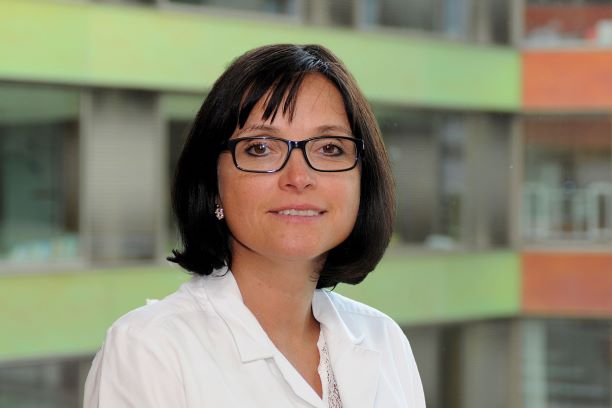
"We paediatric oncologists set the course for the later quality of life of our patients"
Interview with MD Tamara Diesch
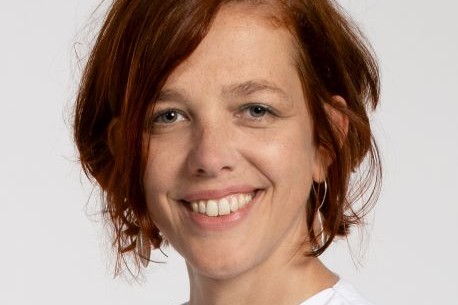
"Sexuality, partnership and the desire to have children can only become an issue when a person has accepted their own body"
Interview with Astrid Ahler, gynaecologist
Body image, sexuality and partnership
Four out of five children and adolescents nowadays survive cancer, but at least 80 per cent of the survivors have to struggle with late effects of the disease and therapy. These include, among other things, psychosexual problems that can have a limiting effect on their quality of life. It is often the visible signs, such as being small, thinning hair or scars and sexual dysfunction, that can make it more difficult for survivors to develop a positive attitude towards their body and themselves. Those affected may be particularly challenged when it comes to opening up to relationships in the first place, looking for a partner and perhaps starting a family of their own later on. As survivors often feel ashamed or perhaps do not have sufficient knowledge, questions, fears and concerns they have often remain unaddressed. Even though the need for learning about such problems is growing, there are still too few contact points offering combined fertility and sexual therapy counselling for survivors.
Support services for those affected
Families with a child with cancer and survivors need follow-up care that comprehensively addresses their concerns and fears when it comes to such sensitive issues as wanting a family, their own body image and sexuality. The Childhood Cancer Switzerland Survivors’ Centre actively promotes systematic care after cancer treatment. This should include not only medical, but also psychosocial and legal aspects. The aim is to introduce a Survivorship Passport that documents medical treatment and thus provides specific, individually tailored recommendations for long-term follow-up care. Childhood Cancer Switzerland also regularly organises information events, such as specialist conferences and accompanied weekends for survivors and parents of survivors, where those affected can talk to psycho-oncologists, fertility experts and sex therapists. Recently Childhood Cancer Switzerland launched a pilot project in cooperation with Procap to provide access to legal advice for those affected.

